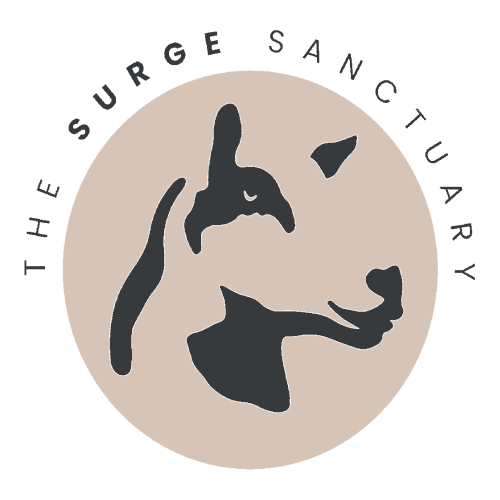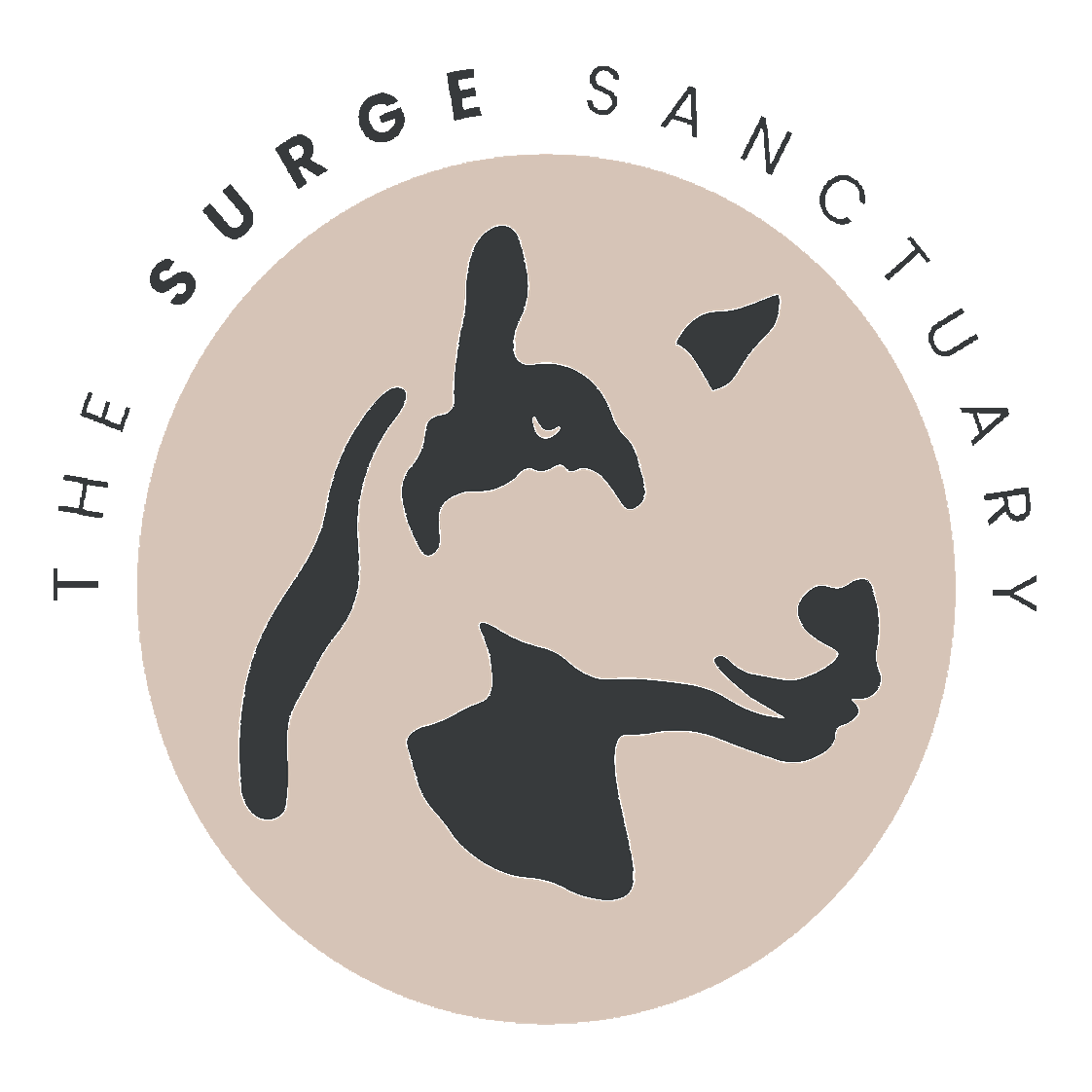Six things I learned volunteering at the Surge Sanctuary
Devon spent the last week volunteering at the Surge Sanctuary, and here are some of the things she learned. Some are facts she didn’t know, and others are more life lessons.
1. Chickens eat their own eggs!
As a passionate vegan, I thought I was armed with all the knowledge I would need to respond to inevitable queries and dispel myths. Yet something I never really had an answer for was ‘what’s wrong with rescuing your own chickens, and eating their eggs? They’d just be going to waste?’ Many of my close friends and family have raised this, and I’ve seen videos explaining why ‘backyard’ eggs are wrong, but it never fully clicked until I saw the new rescued hens at Surge going bananas for their own eggs.
Firstly, when you stop taking their eggs away from them, the hens lay less, allowing their (usually very sore and swollen) back ends to heal. Secondly, the eggs are loaded with calcium and proteins that are MEANT for a chicken’s body, essential for feather regrowth and overall health. Her body has worked HARD to make that egg, and she should have the choice to reabsorb those nutrients instead of having it snatched away from her with no payoff. Therefore, no matter how well the hens are otherwise treated, it is wrong to take their eggs from them, and will certainly inhibit their healing process.
2. Turkeys’ heads change colour depending on their mood
Tell me why I didn’t know this??? On my first day at Surge, I witnessed Harold the turkey’s head change from a pale blue to a cherry red from the excitement of having a new person around. Turkeys are like nature’s mood ring, varying from shades of red, white and blue depending on how they are feeling. And I’m willing to bet I’m not the only other person who didn’t know this.
I think information like this is deliberately concealed to make it easier to kill, buy and eat animals. By perpetuating the idea that ‘food’ animals are unintelligent and boring, we can psychologically distance ourselves from them. But it is simply a lie, invented by those who profit from their deaths and your ignorance. I challenge you to visit your local farm sanctuary and see the myths dissolving in front of your eyes.
3. Getting serious medical care for ‘farm’ animals is difficult, complicated, and expensive
The fact of the matter is that many farmers and vets will only treat a sick animal up to the cost of what they are worth in ‘product.’ So if the cost and effort of treating an animal is going to outweigh the profit earned from selling their flesh or secretions, it is common practise to have them killed. No lifeline, no chance. I learned this through little Derek the lamb, who was rescued with fractured and infected vertebrates, leaving him unable to walk. Vets were initially unwilling to go ahead with his treatment and the Surge team had to ask, ‘what could be done for him if he was a dog?’
After much debate and expense, Derek is undergoing medical treatment and daily physiotherapy to make him stronger. It was an absolute joy to spend time with Derek whose lust for life is contagious and I can only hope that one day animals like him are given an ounce of the respect we give to dogs. All lives are precious and worth fighting for.
4. The seasons change EVERYTHING
I had the pleasure of visiting the Surge sanctuary in spring, where wildflowers were blooming, days were long and relaxed and animals roamed free in sunny fields. But winter, I’ve heard, is a different ball game. Not only are the days halved by the sun setting at 4pm (thanks Britain), but there are double the amount of tasks to do. No grass means hay nets must be constantly filled, cold temperatures mean animals inside and A LOT of mucking out to do, and wild weather understandably keeps volunteers at home. All of this adds up to a perfect storm which makes running a sanctuary twice as challenging with the changing seasons. Know that if you choose to help out a sanctuary during winter, you’re indispensable.
5. Volunteering on a farm sanctuary deepens your connection to veganism yet also makes it more painful
Let me explain. I’ve never felt stronger or more secure about veganism than after spending a week at the Surge sanctuary. Physically seeing and interacting with wonderful and unique beings liberated from industries like meat, eggs and dairy, has provided me with a motivation boost and a deeper connection to the cause. But at the same time, it is painful to hold a safe, sleepy chicken in your arms and know that the other 99% will never experience love like this. It is painful to receive soft lamb kisses and know their siblings were probably someone’s easter dinner. A sanctuary is a bittersweet place.
6. Farm sanctuaries heal people too
The community here at Surge has been one of the most striking things. From the owners to the regular volunteers and the animal residents, it feels like one big family. A family with a common goal to help each other and leave the world a better place than they found it. I personally only have one other vegan friend back home, and they live in a different city. I didn’t realise how lonely and sad that had felt until coming here. Being surrounded by people who understood me unequivocally was an entirely new sensation, and one I will never forget. I gained a new energy from this shared sense of purpose and not having to constantly debate and explain my values. If, like me, your vegan circle is small or non-existent, I highly recommend volunteering at a vegan sanctuary, even if it’s just a one off (we aren’t all lucky enough to live close to those rarities) or join a supportive, online vegan community. There are more of us every day.
Devon Docherty is a Surge Media intern and masters student in Human-Animal Interactions, working towards improving the lives of animals and humanity’s connection to them. Interested in psychology, rewilding and increasing the animal rights perspective in academia. Find Devon on LinkedIn.



